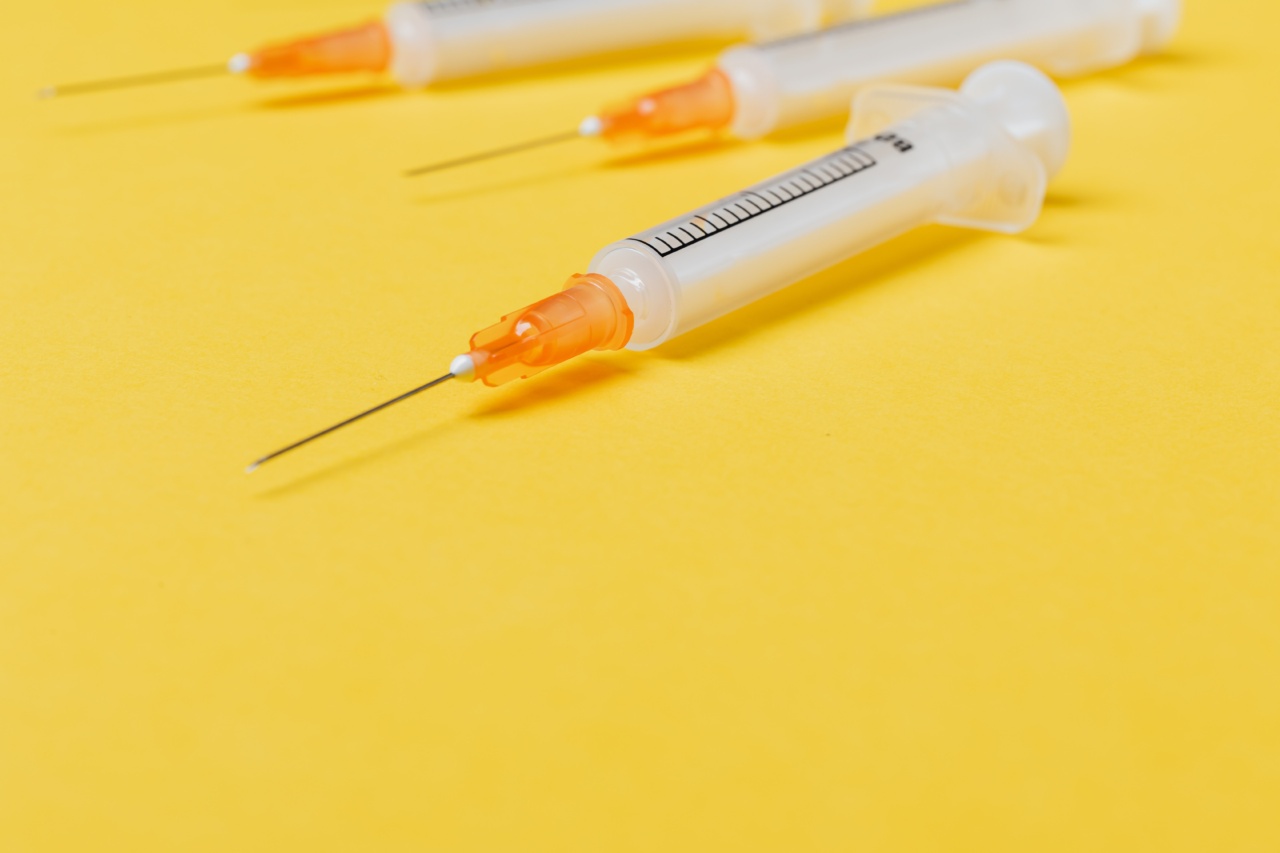Drug use has long been associated with various health issues and negative consequences, and one area where its impact can be particularly significant is in sexual function.
Many substances, both legal and illegal, have been found to contribute to sexual dysfunction, including erectile dysfunction, low libido, and performance anxiety. This article will explore the relationship between drug use and sexual dysfunction, examining the causes, effects, and potential solutions.
Understanding Drug Use and Sexual Dysfunction
Drug use can significantly affect sexual function due to various physiological and psychological factors.
The substances themselves can directly interfere with normal sexual processes, while the lifestyle and mindset associated with drug use can also contribute to sexual dysfunction. Understanding these factors is crucial for developing effective strategies to address and mitigate this issue.
Causes of Sexual Dysfunction in Drug Users
There are several causes of sexual dysfunction in individuals who use drugs:.
1. Physiological Effects
Many drugs can directly affect the circulatory, nervous, and hormonal systems, leading to sexual problems.
For example, substances like cocaine and methamphetamine can constrict blood vessels, impairing blood flow to the genitals and causing erectile dysfunction. Similarly, drugs that affect the central nervous system, such as opioids, can disrupt the signaling between the brain and the reproductive organs, leading to reduced sexual desire and performance issues.
2. Psychological Factors
Drug use is often accompanied by mental health issues such as anxiety, depression, and stress. These psychological factors can contribute to sexual dysfunction by causing performance anxiety, reducing libido, and interfering with sexual arousal.
Additionally, substance abuse can disrupt the normal functioning of neurotransmitters like dopamine and serotonin, which play a crucial role in sexual pleasure and desire.
3. Relationship Problems
Drug use can strain relationships, leading to conflicts, communication breakdowns, and trust issues. These relationship problems can significantly impact sexual health and intimacy.
The strain of substance abuse can create emotional distance, reduce sexual desire, and lead to a decrease in overall relationship satisfaction.
Effects of Drug Use on Sexual Function
The effects of drug use on sexual function can vary depending on the individual, the substance involved, and the frequency and duration of use. Some common effects include:.
1. Erectile Dysfunction
Drug use can disrupt the normal flow of blood to the penis, making it difficult to achieve and maintain an erection.
The constriction of blood vessels caused by substances like cocaine and amphetamines can impair erectile function and lead to more frequent episodes of erectile dysfunction.
2. Decreased Libido
Many substances, including alcohol, marijuana, and opioids, can reduce sexual desire and lower libido. These drugs can impact the hormonal balance in the body, decreasing the production of testosterone and affecting sexual motivation.
3. Delayed or Inhibited Orgasm
Some drugs, such as antidepressants, can delay or inhibit orgasms. This can lead to frustration and dissatisfaction in both individuals, making sexual experiences less enjoyable and potentially causing relationship strain.
4. Performance Anxiety
The use of drugs can contribute to performance anxiety related to sexual encounters. Substance abuse can impair self-confidence, increase anxiety levels, and interfere with the ability to relax and fully engage in sexual experiences.
Addressing and Preventing Sexual Dysfunction in Drug Users
Recognizing and addressing sexual dysfunction in individuals who use drugs is essential for their overall well-being and quality of life. Here are some strategies to consider:.
1. Seeking Professional Help
Individuals experiencing sexual dysfunction should seek professional help from healthcare providers specialized in sexual health or addiction.
These professionals can provide guidance, support, and potential treatment options tailored to the specific needs of each individual.
2. Managing Substance Abuse
Addressing the root cause of sexual dysfunction often requires addressing substance abuse itself. Seeking treatment for drug addiction, whether through therapy, rehabilitation programs, or support groups, can have a positive impact on sexual function.
3. Couples Therapy
For individuals experiencing sexual dysfunction in the context of a relationship, couples therapy can be beneficial.
This can help address underlying issues, improve communication, and enhance intimacy, ultimately contributing to improved sexual function.
4. Lifestyle Changes
Adopting a healthier lifestyle, including regular exercise, a balanced diet, and stress management techniques, can help improve overall health and sexual function.
Engaging in activities that promote relaxation and reduce anxiety, such as yoga or meditation, can also positively impact sexual well-being.
Conclusion
Drug use and sexual dysfunction are interconnected issues that can significantly impact an individual’s overall well-being and relationships.
By understanding the causes, effects, and potential solutions, we can work towards addressing this problem effectively. Seeking professional help, managing substance abuse, and making lifestyle changes are essential steps towards improving sexual function and overall quality of life for individuals who use drugs.































